ASPACE has created the #Miradefrente campaign to make visible the sexuality and intimacy of people with cerebral palsy
“Talking about people with cerebral palsy is talking about diversity. Stop looking the other way and #Miradefrente”. That is how clear and emphatic the campaign from Movimiento ASPACE (Associations for the Care of People with Cerebral Palsy) is, aiming to make visible the sexuality and intimacy of people with cerebral palsy on the occasion of World Cerebral Palsy Day, which was celebrated on October 6.
What does this campaign aim to achieve?
- Expand the concept of sexuality: Sexuality is not only eroticism, but also intimacy. These people also have the right to have intimacy in daily life situations such as dressing, undressing and daily personal care.
- Legitimize nudity: The nudity of a person with cerebral palsy should be regarded the same as that of any person without this disability.
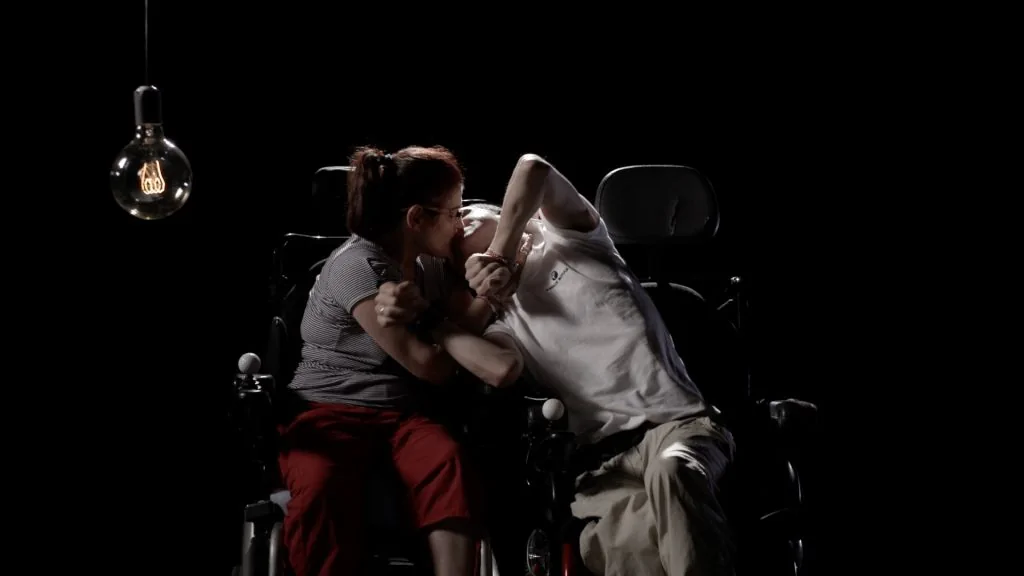
‘Don’t look the other way’
The central element of the campaign ‘Don’t look the other way’ is a song created for the campaign by the group ‘Ravioli Makers’. It also includes a TV spot, which has been distributed among the main national and regional broadcasters, and a music video with advocacy messages to eliminate preconceived ideas and raise public awareness about the importance of normalizing sexuality and emotional life in cerebral palsy.
Actions de formación y asesoramiento afectivo-sexual
The ASPACE Confederation has developed a strategic action regarding affective-sexual care for people with cerebral palsy:
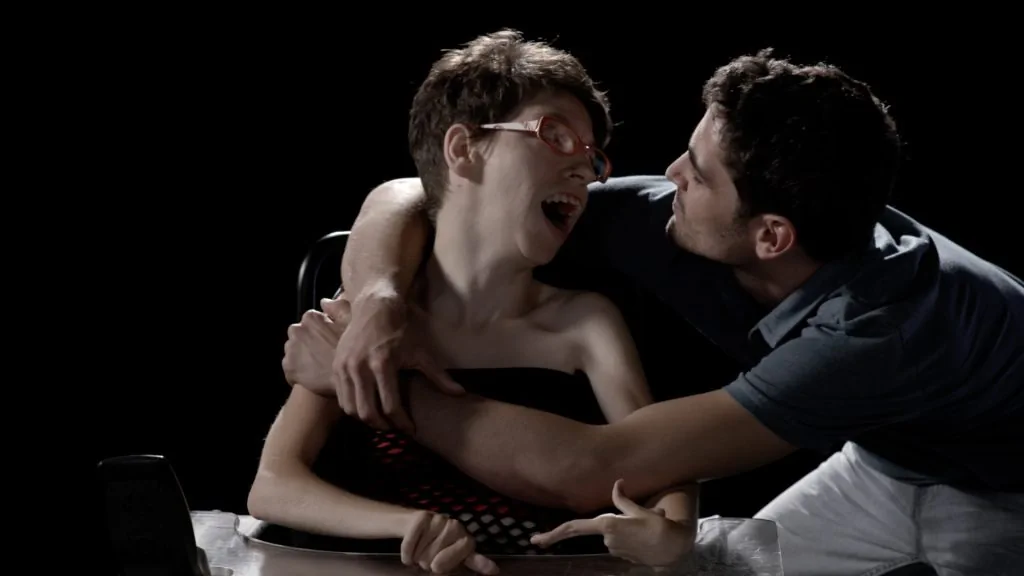
- Implementation of training and counseling activities for people with cerebral palsy so they can learn to know themselves, accept themselves and to express and experience their sexuality satisfactorily.
- Training for professionals and family members so they learn to respect and to “look straight at” the sexuality and emotional life of these people.
- Creation of a working group with experts in sexuality and emotional life with the purpose of creating a new ASPACE guide with these contents.
If you liked this post about sexuality in people with cerebral palsy, you might be interested in these NeuronUP publications:
“This article has been translated. Link to the original article in Spanish:”
¿No puedo disfrutar de mi sexualidad por tener parálisis cerebral?
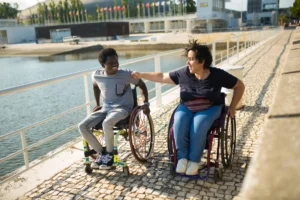
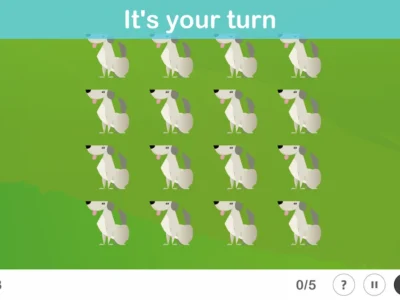

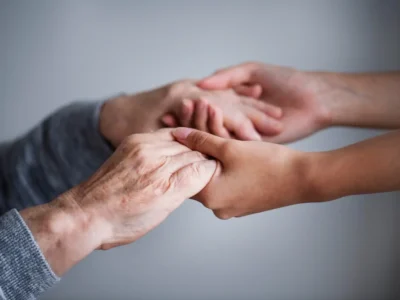
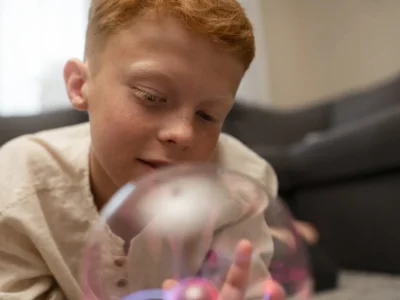
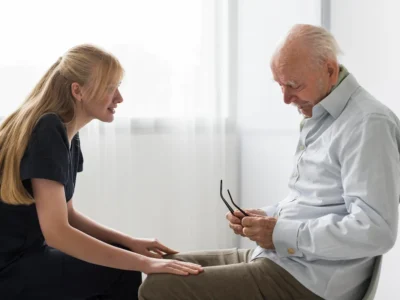

 Cognitive-motor training: use of dual tasks, virtual reality and augmented reality
Cognitive-motor training: use of dual tasks, virtual reality and augmented reality
Leave a Reply